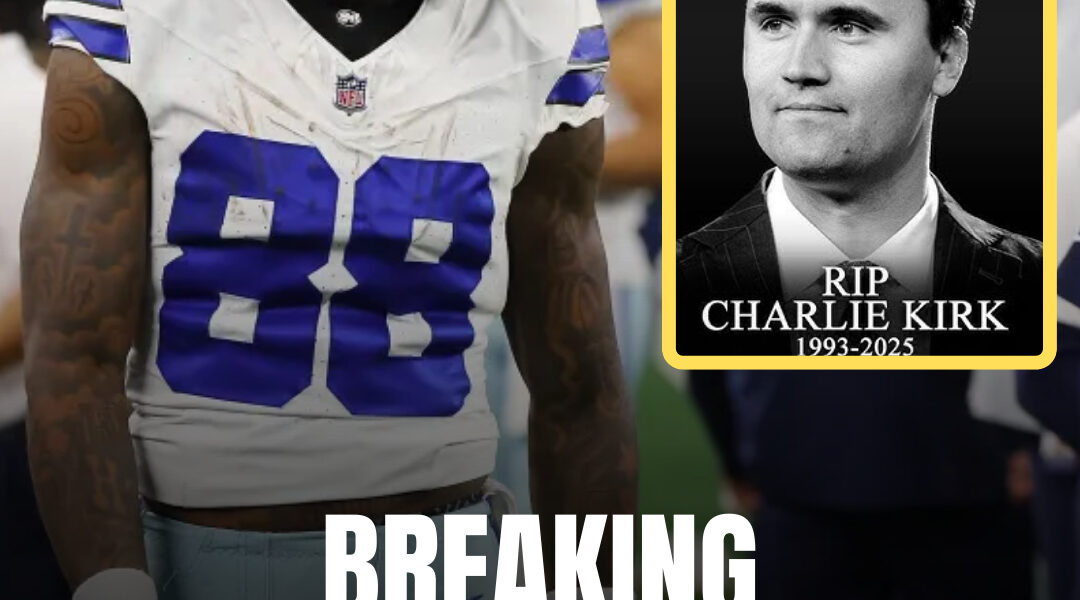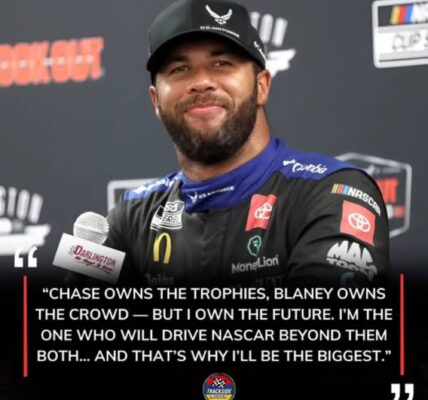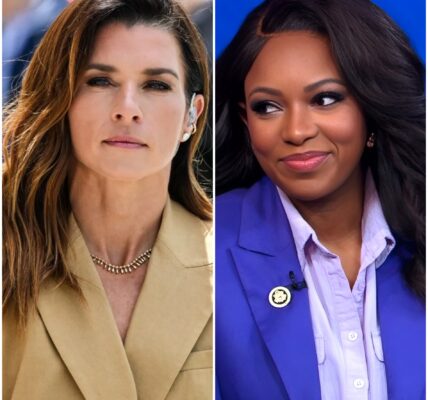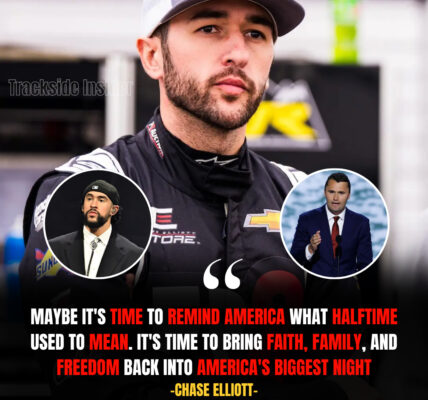Cowboys in Crisis: Communications Coordinator Fired After Celebrating Charlie Kirk’s Assassination
The Dallas Cowboys—one of the NFL’s most storied franchises—are no strangers to controversy. But what unfolded on September 11th, 2025, just hours after the shocking assassination of conservative activist Charlie Kirk, sent shockwaves far beyond the football field.
The Cowboys announced that they had fired their Communications Coordinator, a mid-level staffer responsible for managing press releases and social media statements, after he posted a celebratory message online regarding Kirk’s death. The now-deleted post—brief but incendiary—praised the assassin and mocked Kirk’s legacy, sparking immediate outrage. Within minutes, screenshots went viral, and #CowboysControversy was trending on X (formerly Twitter).

The Post That Sparked a Firestorm
According to multiple sources, the staffer wrote: “Good riddance. One less voice of hate in America. May we never hear from another Charlie Kirk again.”
Though swiftly deleted, the damage was done. Critics accused the Cowboys of harboring political bias and questioned how such an individual could represent the communications arm of “America’s Team.” For fans already grappling with the shocking assassination of Kirk—an influential yet polarizing figure in conservative politics—the post was gasoline on an already raging fire.
By sunrise, sports talk radio shows, political podcasts, and national headlines had converged on the same story: How could the Cowboys, a billion-dollar organization with strict PR oversight, allow such a scandal to happen?
Cowboys Respond Swiftly
The Cowboys issued a terse press release hours later:
“Effective immediately, the Dallas Cowboys have terminated our Communications Coordinator due to unacceptable behavior on social media. The views expressed in the post do not represent the values of this organization. We extend our condolences to the family of Charlie Kirk and to all impacted by this tragedy.”
The statement was direct and uncompromising, yet it failed to calm the storm. Fans on both sides of the political spectrum continued to weigh in, some applauding the Cowboys for decisive action, others accusing them of acting only because of public pressure.
A Divided Nation Reacts

The fallout mirrored the broader cultural divide in America. Conservative commentators blasted the post as proof of “institutional hatred” against right-leaning figures. One Fox News host declared: “If Charlie Kirk had been a left-wing activist, the Cowboys would have lowered their flags to half-staff. Instead, their own employee cheered his death.”
On the other side, progressive voices cautioned against martyring Kirk. A viral thread on X read: “Let’s not forget who Kirk was. His words harmed countless communities. While celebrating death is wrong, pretending he was a saint is equally dishonest.”
Caught in the middle were millions of sports fans who simply wanted to focus on football—but couldn’t escape the political storm swirling around their favorite team.
Player Reactions: Shock, Silence, and Subtle Signals
Inside the Cowboys’ locker room, the mood was tense. Wide receiver CeeDee Lamb posted a cryptic message on Instagram: “We represent more than just a game. Choose your words wisely.” While he did not mention Kirk by name, many interpreted it as a reference to the controversy.
Other players declined to comment, citing the sensitivity of mixing politics with sports. But one anonymous veteran reportedly told reporters off the record: “We work too hard to have outside nonsense drag us down. This ain’t what Cowboys football is about.”
The NFL itself has not issued a formal statement, though insiders say Commissioner Roger Goodell is monitoring the situation closely, given its potential to inflame an already politically sensitive league.
The Kirk Factor
Charlie Kirk, founder of Turning Point USA, was a lightning rod in American politics. Admired by conservatives for his unapologetic defense of traditional values and his fierce opposition to “woke culture,” he was equally despised by progressives who viewed him as an instigator of division.
His assassination outside Utah Valley University was already being framed as one of the most politically charged killings in modern U.S. history. That the Cowboys—a team with enormous cultural influence—became entangled in the aftermath only magnified the drama.
For many, the controversy underscored how deeply intertwined sports, politics, and social media have become.
Sponsors Nervous, Fans Furious
Perhaps the most immediate consequence of the scandal was corporate backlash. Two major Cowboys sponsors reportedly called team executives demanding reassurance that the organization was taking the matter seriously. One insider claimed, “When sponsors hear the Cowboys’ name linked with celebrating an assassination, alarms go off. Nobody wants to be tied to that.”
Fans, too, were split. Some called for boycotts, while others argued that firing the staffer was enough. At AT&T Stadium in Arlington, a small group of protestors gathered with signs reading “Justice for Charlie” and “Keep politics out of football.”
The Bigger Picture: What It Means for Sports and Politics
The Cowboys controversy raises uncomfortable questions:
-
Should athletes and sports organizations be expected to remain politically neutral?
-
What responsibility do staff members have when representing iconic brands?
-
Does freedom of speech protect personal expression if it damages an employer’s reputation?
Legal experts note that the staffer could pursue a wrongful termination claim, though few expect such a lawsuit to succeed. More likely, the individual will become another cautionary tale about the perils of mixing politics and personal expression in the digital age.
What’s Next for the Cowboys?

For now, the Cowboys are trying to shift focus back to football. Head Coach Mike McCarthy emphasized in a press conference: “We’re here to play the game. That’s our job. What happened was unacceptable, and we’ve moved on.”
But moving on may not be so easy. Every game, every press interaction, every social media post will be scrutinized for signs of lingering fallout. With the Cowboys already under pressure to deliver a strong season, this scandal adds an unexpected distraction.
Conclusion: A Cautionary Tale in the Digital Age
The firing of the Cowboys’ Communications Coordinator is more than just a personnel decision—it’s a snapshot of America in 2025. A nation so polarized that even the death of a political activist becomes entangled with the fate of a football team.
The Cowboys acted swiftly, but the questions remain: Why did it take a public outcry to enforce accountability? And what does it mean when sports franchises—symbols of unity and entertainment—become battlegrounds for the nation’s cultural wars?
As the dust settles, one truth is undeniable: the Cowboys’ reputation has been tested in ways that no touchdown or Super Bowl trophy can repair.




